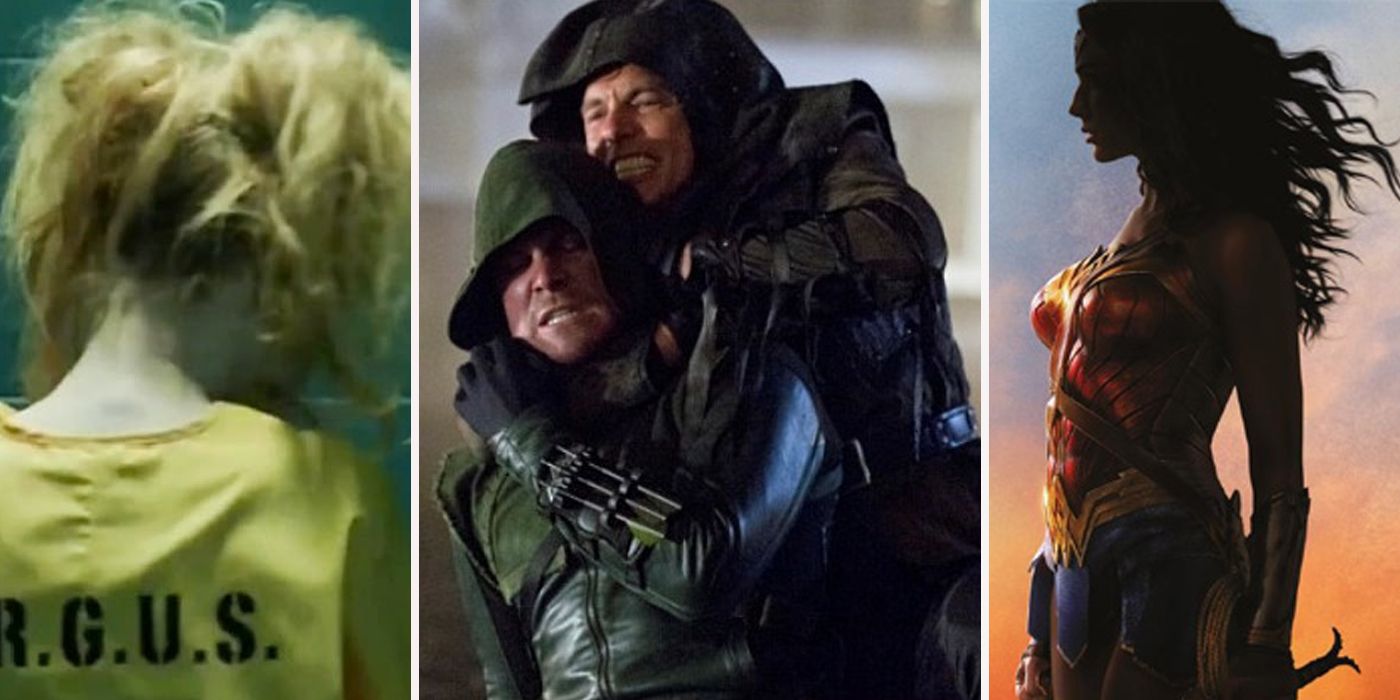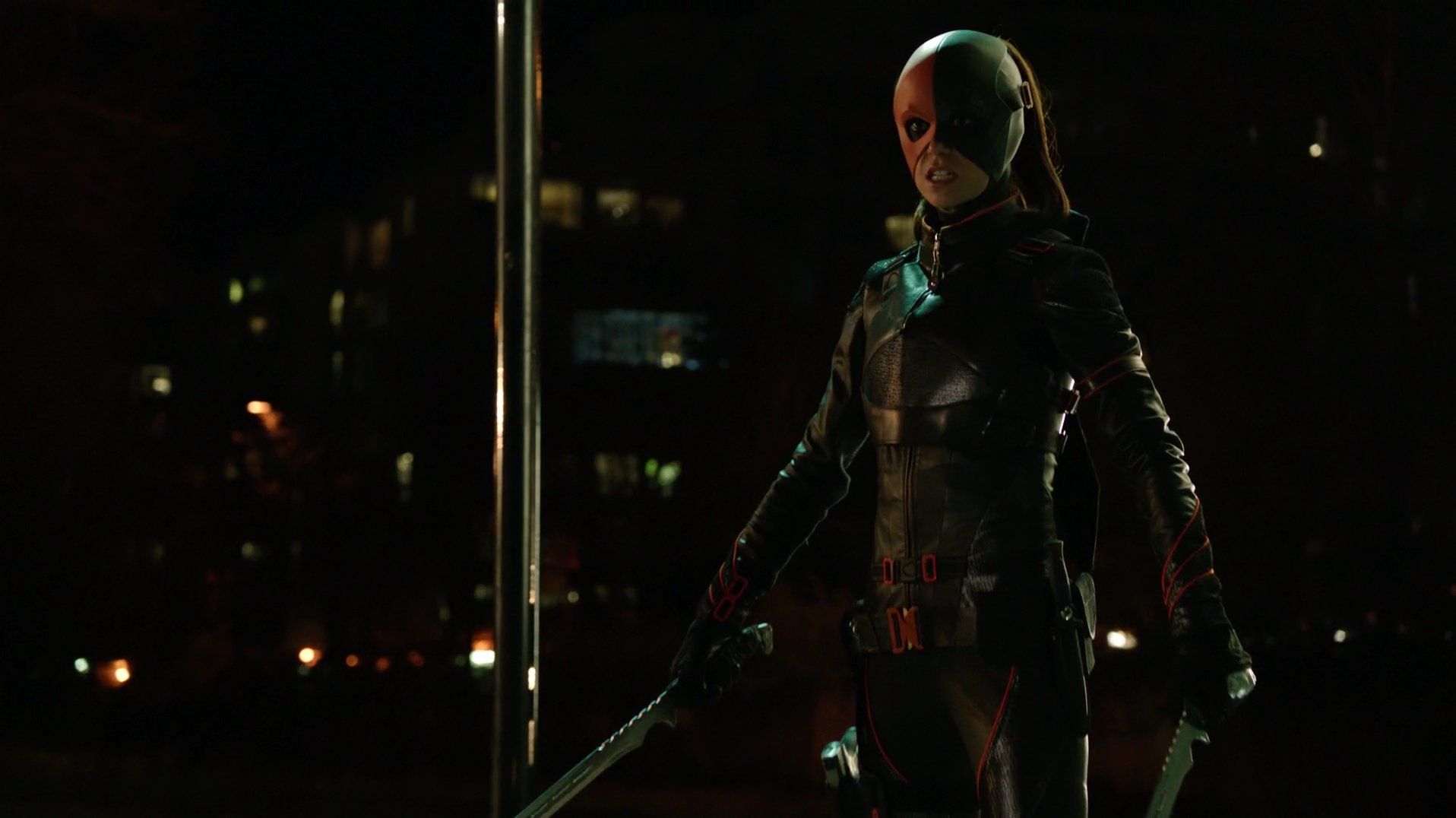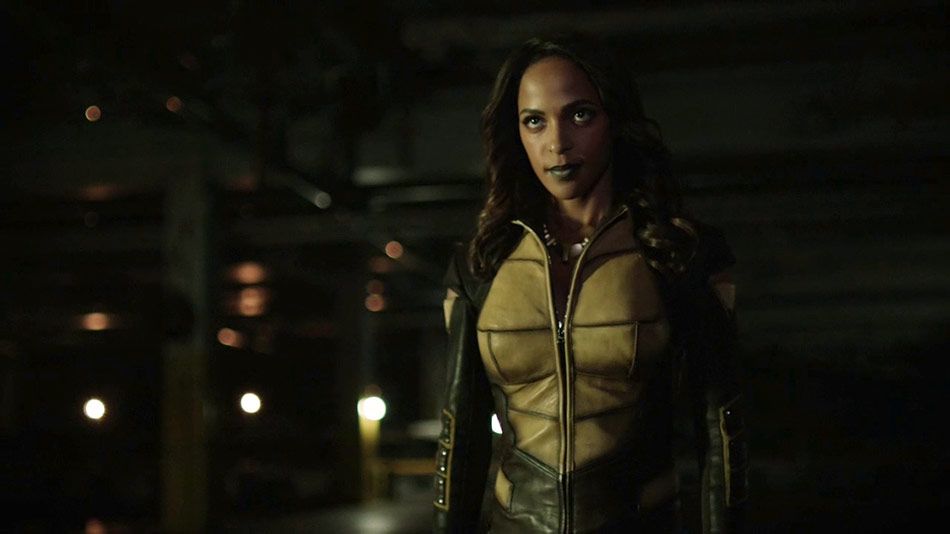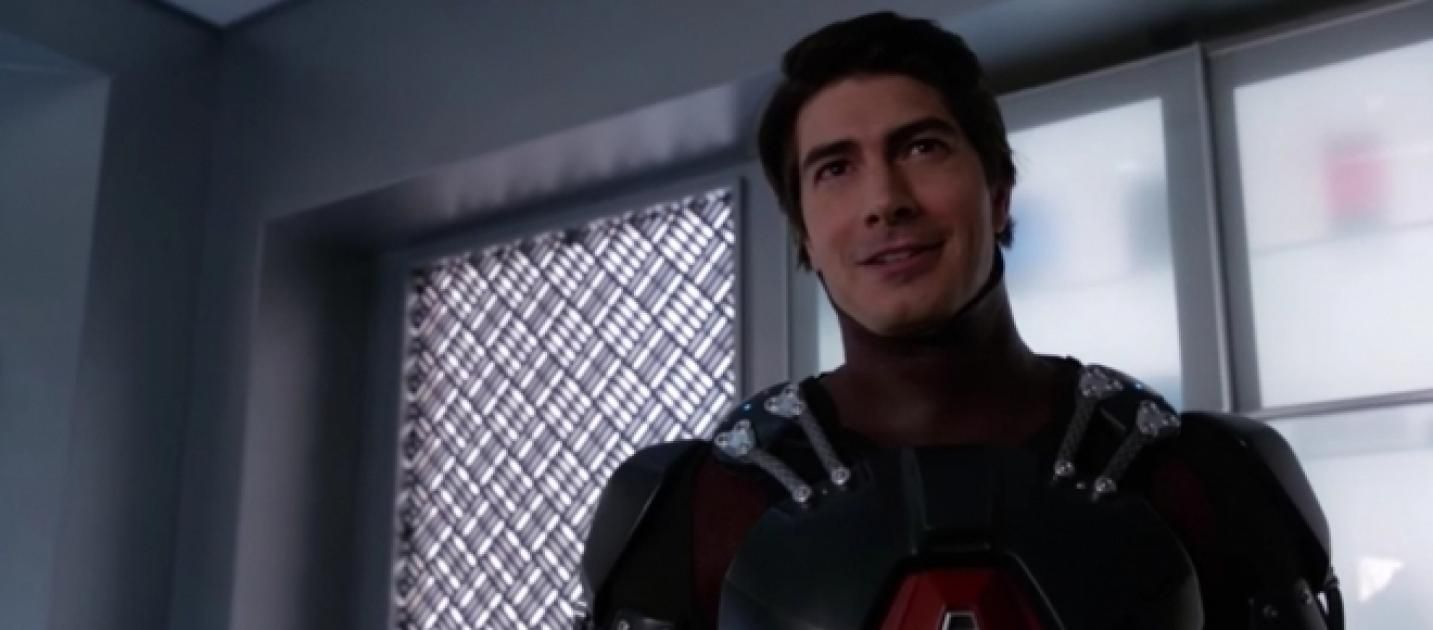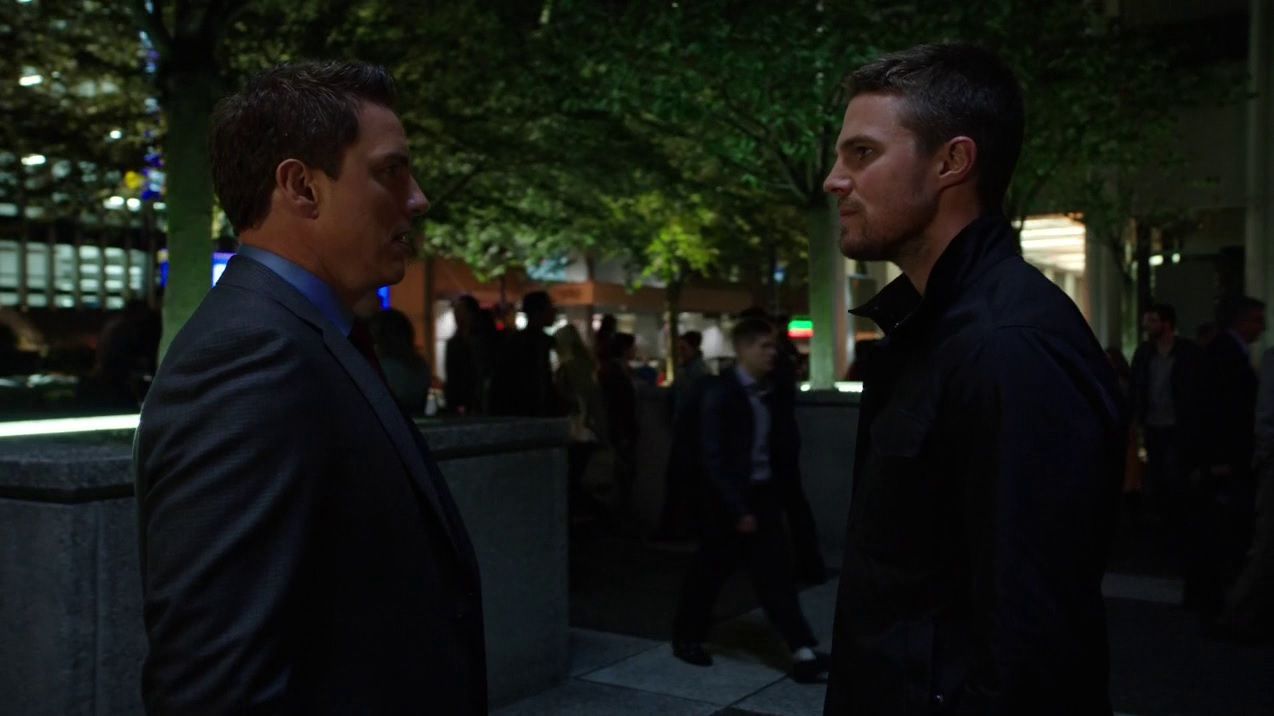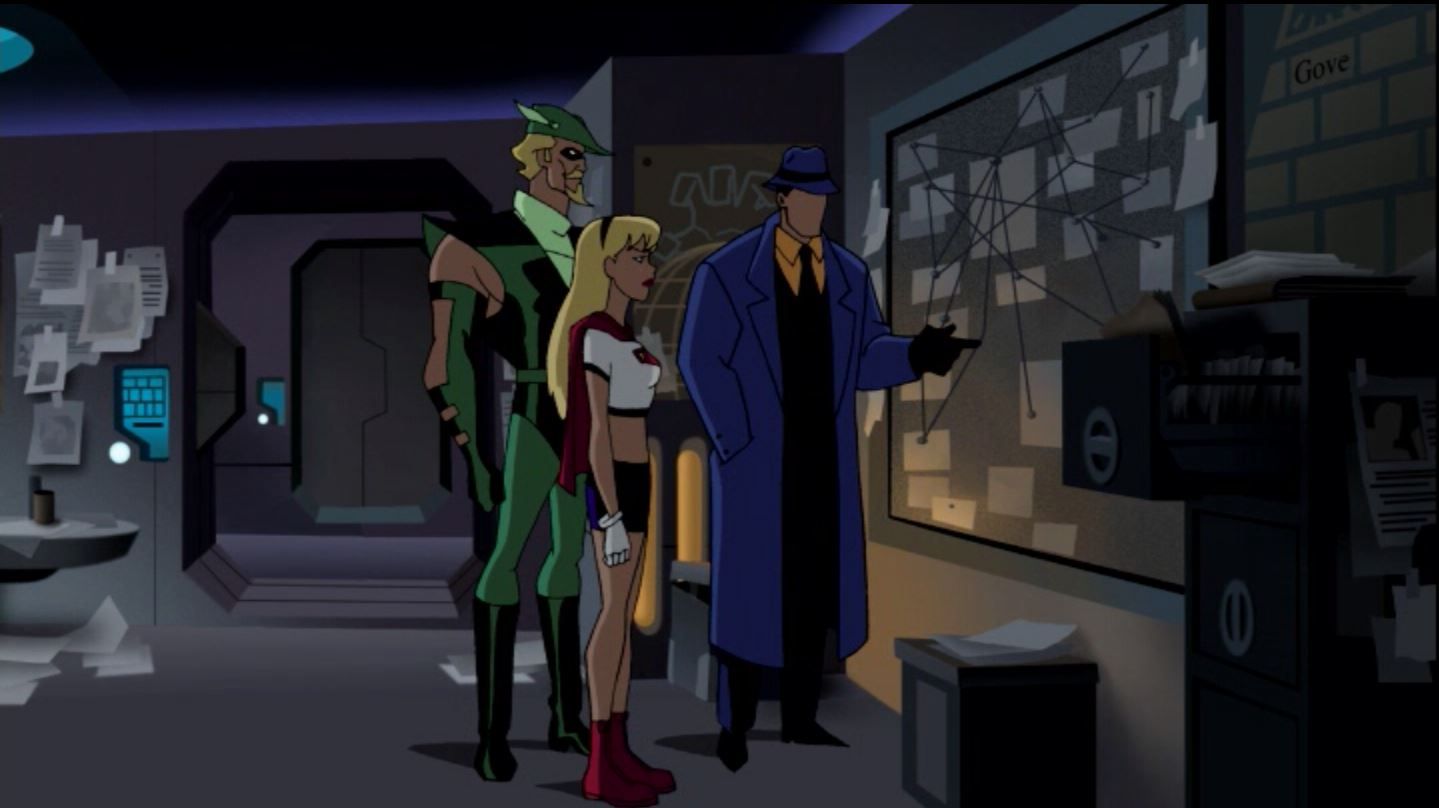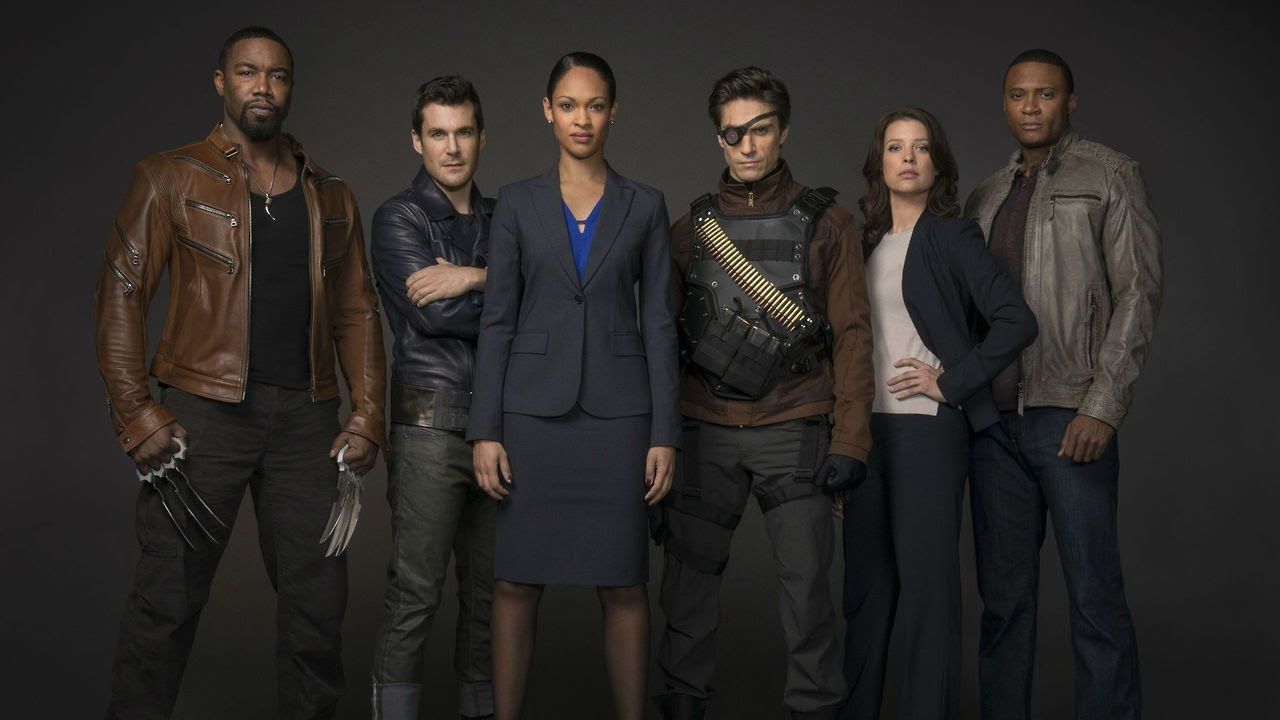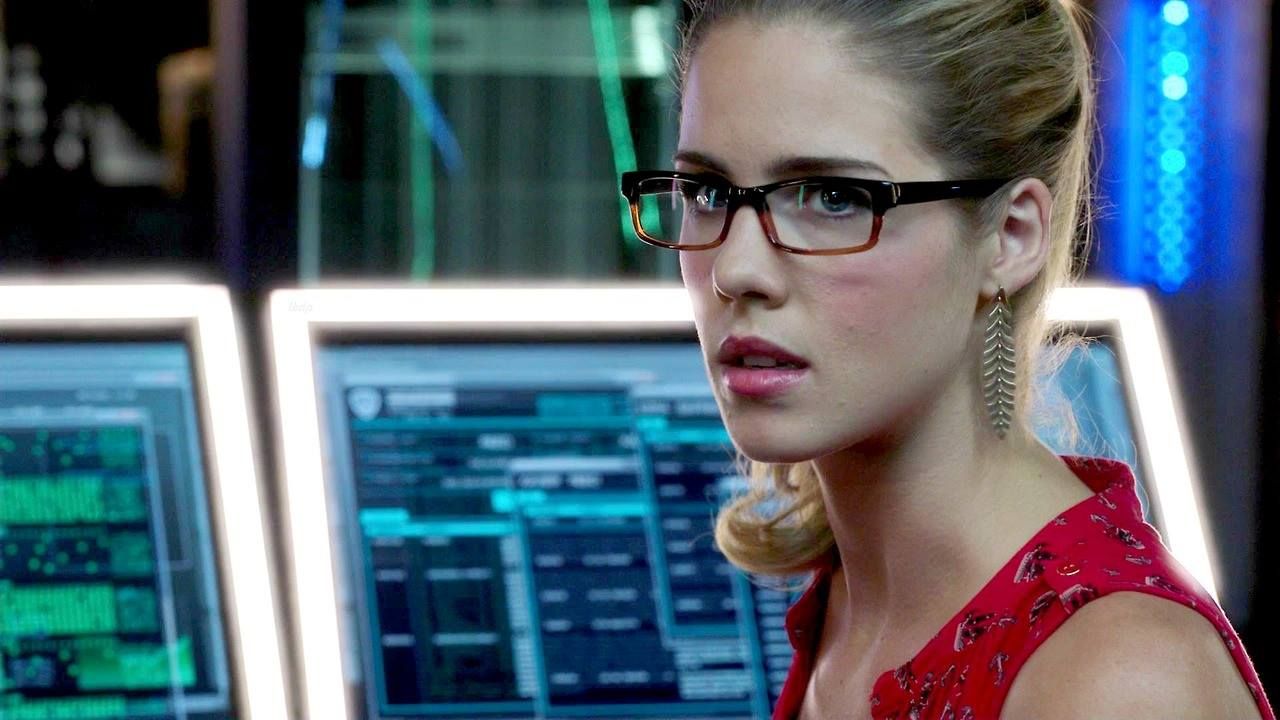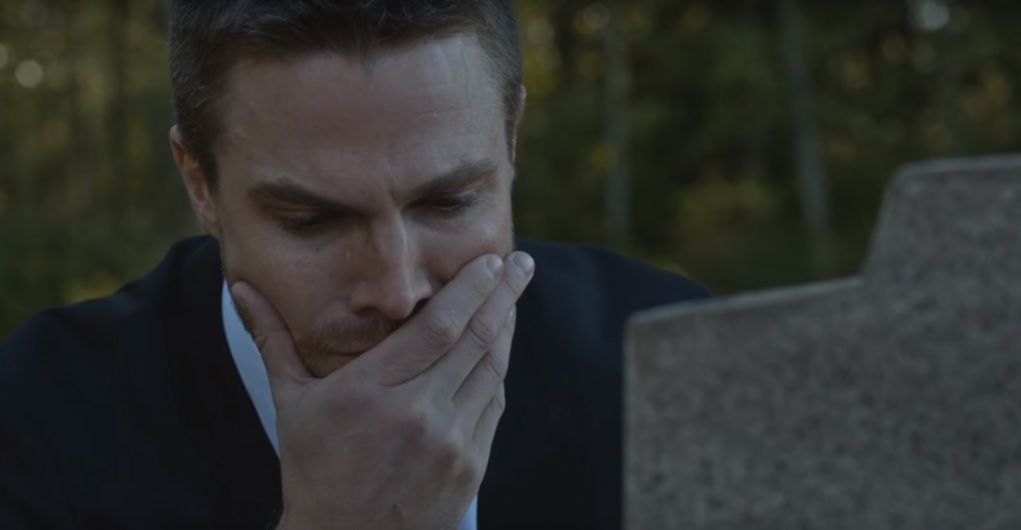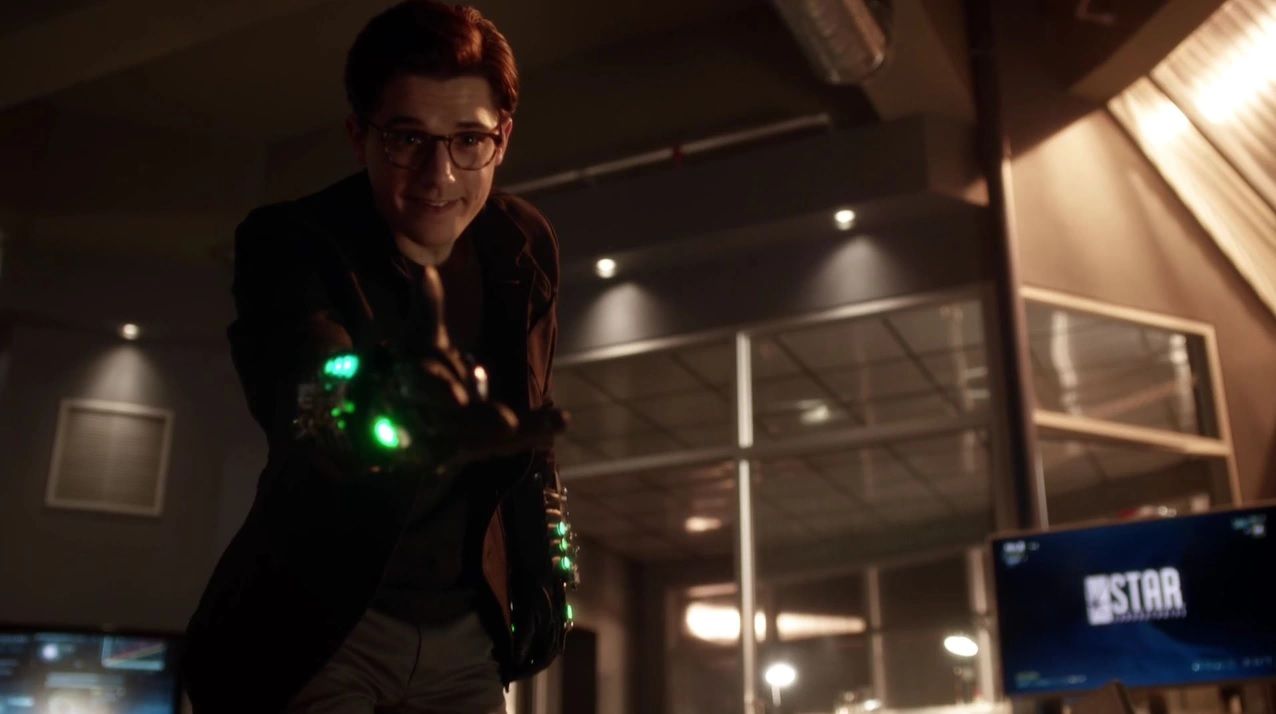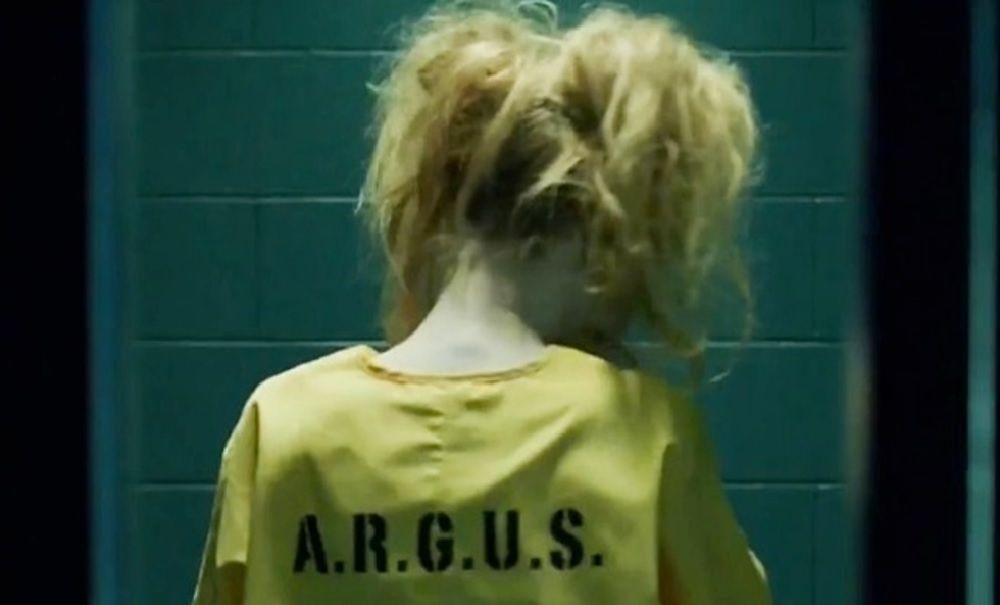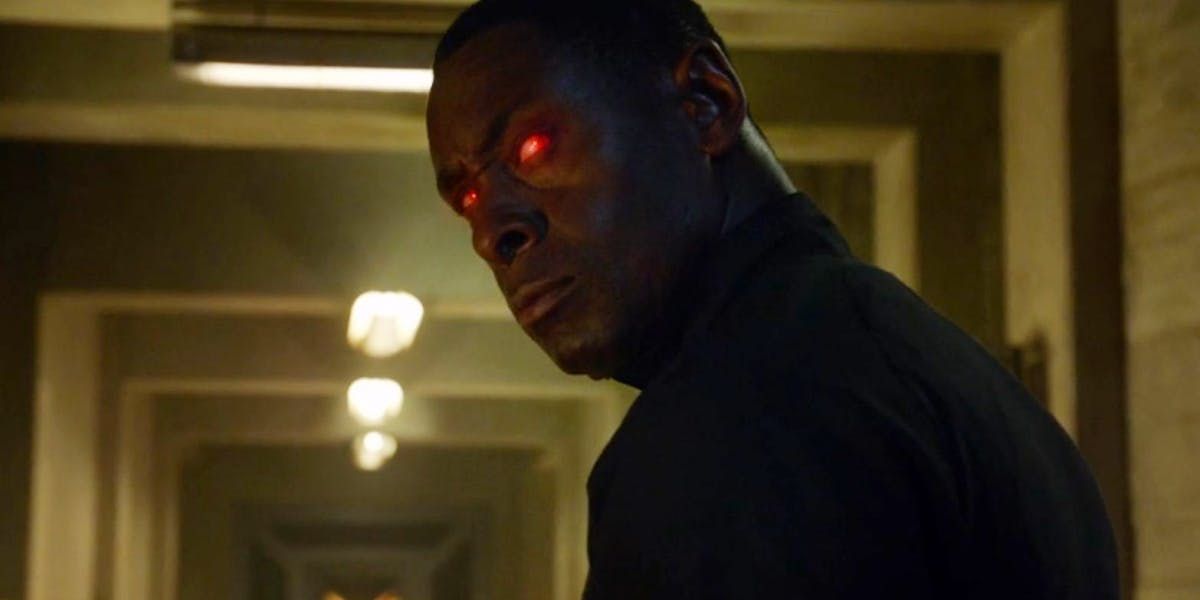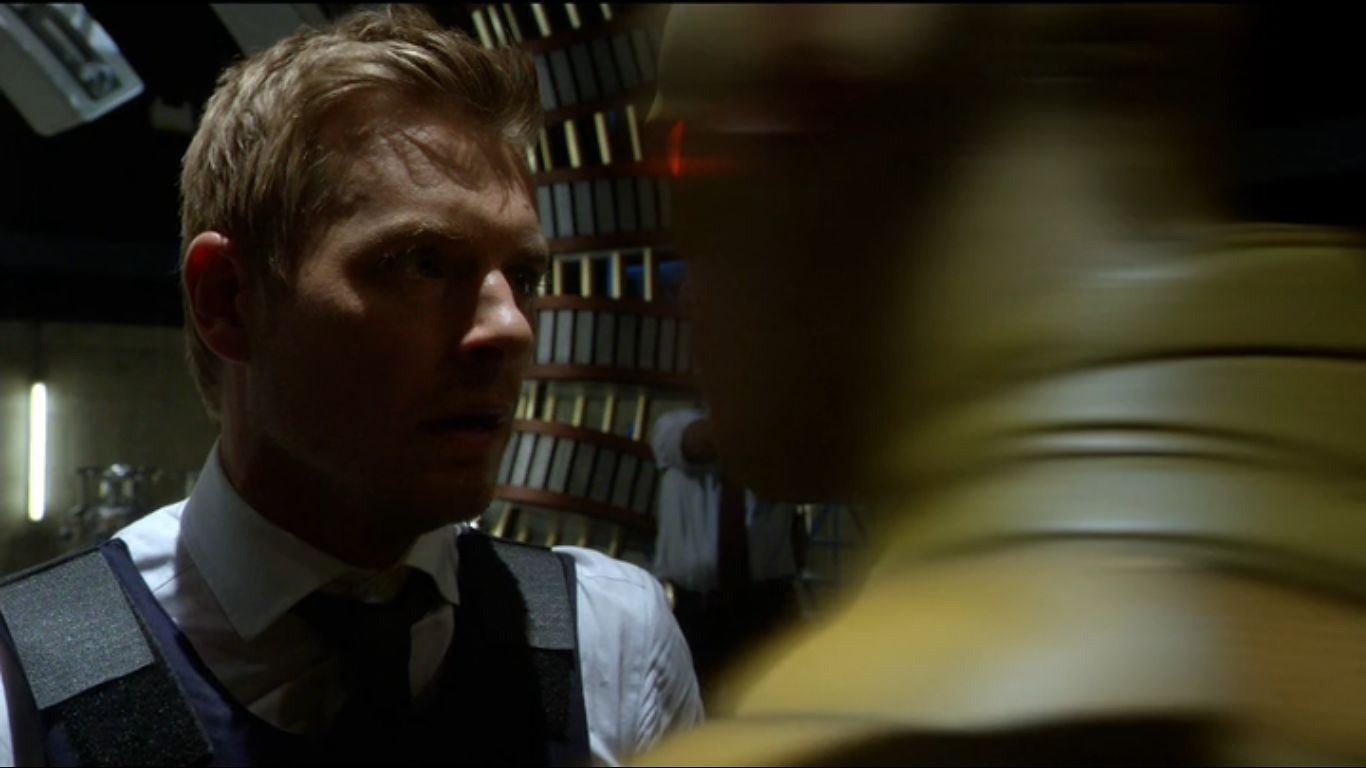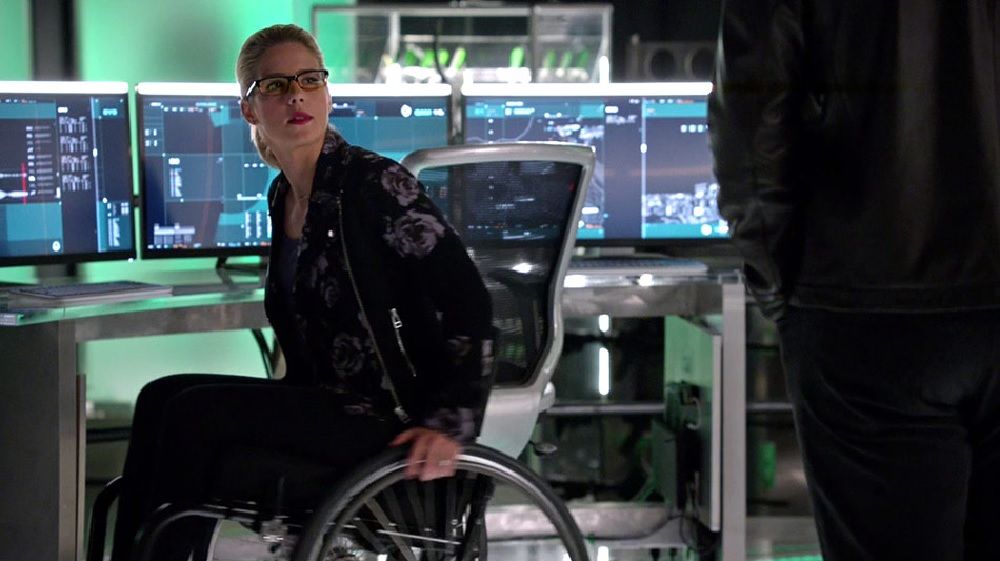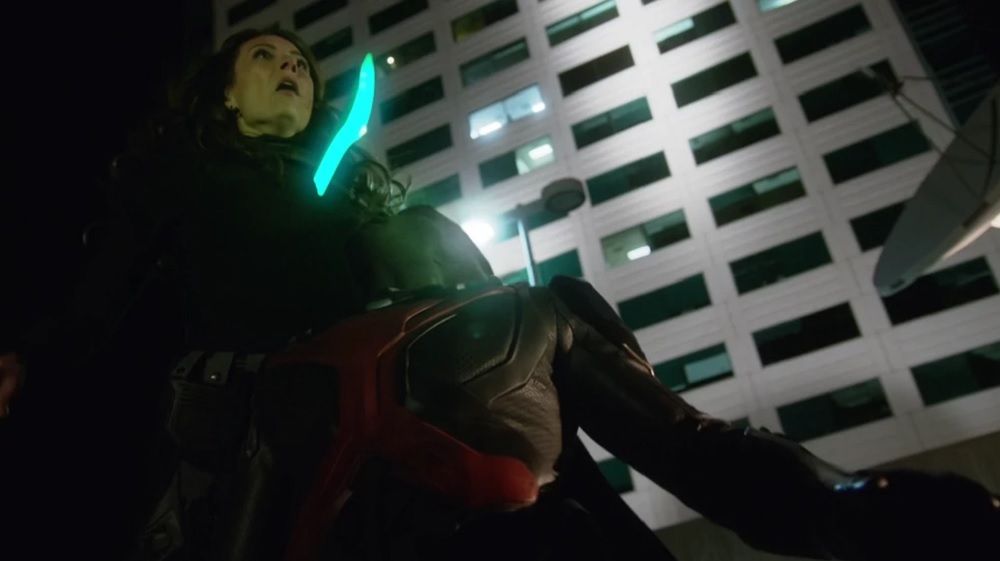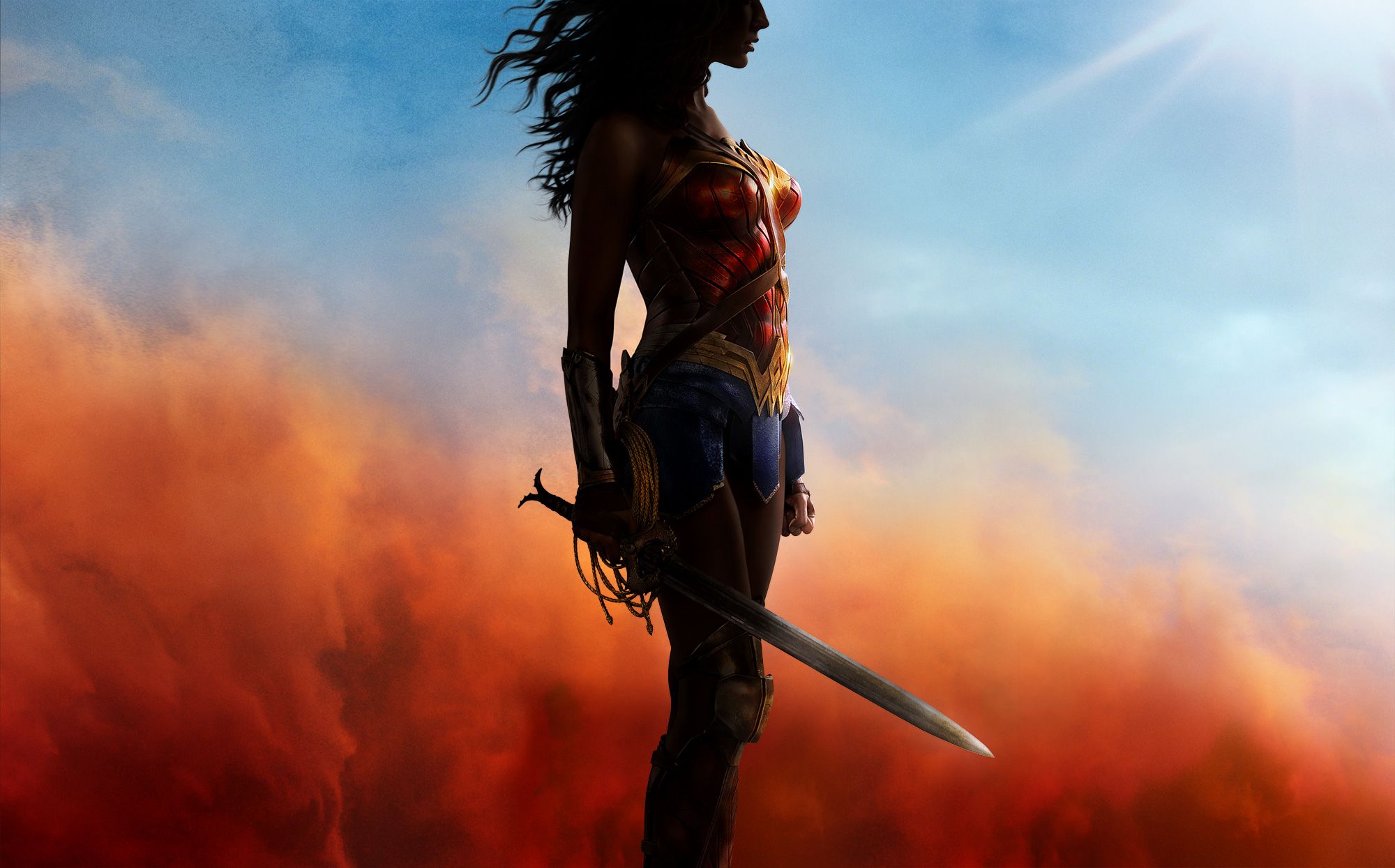After decades of Batman and Superman, the Arrowverse brought many of the characters in DC's roster to pop culture prominence. When Arrow became a television hit on the CW, it started an entire comic book universe that now spans across The Flash, Supergirl, and Legends of Tomorrow.
The Arrowverse has served up a wide variety of fan favorite heroes and villains, as well as characters that were plucked out of comic book obscurity.
The Arrowverse has to walk a difficult path as a comprehensive television universe filled with beloved DC characters. They incorporate rich comic book histories into new iterations of heroes and villains, but that creativity means the shows are constantly in flux.
All of the Arrowverse shows went through major changes in development, sometimes at the last minute. After that, the Arrowverse shows had difficult decisions about the characters' fates, and there were usually many options on the table.
In addition, the Arrowverse producers create their world around the whims of DC corporate. DC started to develop an expansive movie universe around the same time Arrow found success, which complicated any decisions made on the Arrow-related shows.
Certain characters and stories from DC suddenly became off-limits to the Arrowverse shows. This corporate meddling often forced significant changes to the characters and stories wanted and planned for the Arrowverse.
Here are the 15 Ways The Arrowverse Was Almost Completely Different.
Sara Lance was Ravager
The second season of Arrow brought Oliver against Slade Wilson and his Mirakuru-powered henchman Ravager, in the form of Summer Glau's Isabel Rochev.
In the comics, however, Ravager was Slade Wilson's daughter Rose, so Ravager's identity was never set in stone. The writers started with a completely different plan for the well-known villain.
The writers were not sure if Isabel would be evil from the beginning. Producer Andrew Kreisberg explained, "Part of the reason Isabel disappeared for a while is because we still weren't quite sure which way to go, whether she should be an ally or a villain."
They also had another character in mind for Ravager.
Kreisberg added, "Isabel was the one thing we weren't entirely sure about as we were developing the season. Truthfully, there was a very early iteration of the series where Sara [Lance] started the season as Ravager, and then we switched over."
Arrow's Vixen would join the Legends
Vixen was a bright spot in an otherwise shaky fourth season of Arrow. Megalyn E.K. originated the mantle of Vixen in the Arrowverse as Mari McCabe, a totem-powered vigilante who came in to help Oliver take down Damien Darhk.
After Vixen's first appearance, producers wanted to move Mari over to Legends of Tomorrow for a prominent role. Unfortunately, Megalyn E.K. was not available to join the Legends as a regular character.
Instead, Legends introduced her grandmother, Amaya Jiwe, who held the same totem and wielded the same power.
While Maisie Richardson-Sellers has held her own playing the previous iteration of Vixen, it would have been interesting to see Mari join the team and bring the fire that made her the breakout guest star in her first appearance.
Megalyn E.K. did have time to continue her role as Vixen in a voice-over for the Vixen web series.
Ray Palmer was Blue Beetle instead
When Ray Palmer was introduced in Arrow, he seemed an excellent rival for Oliver Queen. Palmer took over Queen Consolidated and stepped in as the same billionaire-playboy-philanthropist that Oliver had tried to be.
Ray eventually went on the become the Atom and join the Legends, but Palmer was not originally the character intended for the role.
The producers had planned for Ted Kord, otherwise known as the Blue Beetle, to become Oliver's rival instead of Ray Palmer. Kord's name had already been dropped on Arrow, setting him up as a prominent businessman. However, when it came to introducing the character, DC intervened.
DC told producers they had other plans for Kord and suggested the similar character of Ray Palmer, because both are technology-based heroes with no superpowers.
Showrunner Marc Guggenheim stated Palmer ended up being a combination of their plans for Kord and later developments meant specifically for Ray.
Oliver Queen was Malcolm Merlyn's son
Malcolm Merlyn was a constant problem for the Queen family. After causing chaos as the first true villain on Arrow, he inserted himself back into the story by revealing he was Thea Queen's real father. However, Merlyn almost had an even more important role in Oliver's life.
Marc Guggenheim revealed that Oliver was supposed to be Malcolm Merlyn's son. The writers ultimately decided the plot twist would be too much like Star Wars, and they instead used the idea for Thea.
Oliver as Malcolm's son would have shifted the entire dynamic of the series, as Oliver was heavily guided by his father Robert Queen in the beginning.
The reveal that Oliver was not Robert's son at all would have shaken Oliver's world in every way, and Oliver and Malcolm likely would have developed an awkward father-son relationship throughout the series.
The Question would have appeared on Arrow
Arrowverse producers are only able to use DC characters upon approval by DC corporate, which has unfortunately squashed some of the dream cameos of the producers.
Showrunner Marc Guggenheim said, "I've made no secret of the fact one day I would love to see The Question on Arrow. I think The Question is just tailor made for Arrow. I've always felt that."
The Question, otherwise known as investigative reporter Vic Sage, would have been an interesting fit for Arrow.
He is often portrayed as deeply philosophical, matching the moralistic tone of the show. Sometimes he is also portrayed as a paranoid conspiracy theorist, a perfect fit for a city that is literally full of conspiracies.
Guggenheim added, “It’s not our characters, it’s DC’s characters, and they’ve got other plans for the Question. I don’t know what their plans are, but clearly they do have plans. Otherwise we’d be using him."
Amanda Waller and the Suicide Squad would have appeared more
The Suicide Squad of the Arrowverse disappeared quickly after only a handful of episodes, even though it was one of the few Diggle-centric plotlines Arrow developed.
The show had already built a complex dynamic with Amanda Waller, Deadshot, and a few other members of the infamous squad, and producers had planned for more episodes featuring the Suicide Squad.
However, when DC started their plan for the Suicide Squad movie, the Arrowverse version had to go.
Actress Willa Holland explained, "We had the Suicide Squad and these things inside of it, ARGUS. We were going really heavily into that for a minute."
She continued: "And then, something must have come down from DC or some higher-up above that said, ‘No, you must cease and desist because we’re going to make it into a movie and we can’t have anybody spoil that idea.’"
Felicity Smoak was only planned for one episode
Felicity Smoak has become a crucial character on Arrow over time, but she was never planned to be such a key part of the show.
When Emily Bett Rickards auditioned for Felicity, the IT wizard was supposed to appear in only one episode. Rickards stated, "I auditioned for Episode 3. I had two scenes in that. So, I just went in for one day, and people were kind enough to bring me back."
Felicity quickly became a fan favorite, and she was soon promoted to a series regular. Fans also noticed the chemistry between Felicity and Oliver Queen, which led to their long-running romance.
As the show continued, it became difficult to imagine Arrow without Felicity's tech skills and awkward charm. Felicity has also been a vital part of the show's character dynamics, meaning her absence would have altered many aspects of how Team Arrow worked.
Someone else might have passed away in Laurel Lance's place
Arrow set up its fourth season by promising a dramatic demise, flashing forward to Oliver mourning at a grave.
Ultimately, the promise was fulfilled with the unexpected end of Laurel Lance. However, Laurel was not the only character who was considered for the chopping block.
Marc Guggenheim said, "It’s always a show where every character, arguably except for the Arrow, is fair game."
"We started off this year with the promise of a demise and when we worked our way through our various different creative choices, we realized that the thing that will give us the most pop going into the end of the season and into next season unfortunately would be Laurel," he said.
Since almost every character was in consideration to die in season four, the show could easily have gone in a different direction by destroying another major player like Felicity, Diggle, or Thea.
The Pied Piper was a member of Team Flash
Barry's support team, Team Flash, includes a variety of top scientific minds, but it was supposed to include another of Harrison Wells' proteges.
Hartley Rathaway came onto the scene in The Flash as the Pied Piper, a villain out for revenge against his former boss Harrison Wells. Even on his brief appearances in the first season, it was clear that the Piped Pier was much more than a villain of the week.
Originally, the Pied Piper was supposed to be a full member of Team Flash, but the character was dropped from the main line-up.
However, Hartley still played an important role in the show through his villain backstory and revenge plot. The Flashpoint alternate reality also turned the Pied Piper into an ally of Team Flash.
Hartley was never seen again after that, though that change did open the door for Hartley to join the team in the future.
Harley Quinn had a much larger role
One of Arrow's Suicide Squad episodes teased the introduction of the infamous Harley Quinn. Harley remains one of the most popular villains in DC's roster, and her inclusion on Arrow created a flurry among fans who hoped she would appear again.
Apparently, Harley Quinn was supposed to have a large role in the Arrowverse, but DC's Suicide Squad movie ruined any plans of using her.
Arrow actress Willa Holland stated, "We had big plans for Harley. But, I guess something came down from DC execs that told us to shut it down. I mean we had that tease with the pigtails and the ARGUS outfit but, we’ll never see it. "
She continued: "We would love to [have] Harley in Arrow but it will never happen." Harley Quinn had potential to be an amazing main villain or antihero in the Arrowverse, making her absence all the more disappointing.
Hank Henshaw wasn't Martian Manhunter
Late in the game while filming Supergirl, the creative minds behind the Arrowverse decided to completely change their plan for Hank Henshaw.
He was being developed as a villain for the first season, most likely the character's usual alter ego Cyborg Superman. However, a casual conversation turned Henshaw from villain to hero and set up one of the best twists on Supergirl.
Andrew Kreisberg explained, "On the pilot, [fellow exec producer] Greg Berlanti, Geoff Johns and I were standing around talking about how much we love David in the part of Hank."
"I don’t remember the specifics of who said what, but it was along the lines of ‘David has such a great voice, it’s too bad we cast him in this because if they ever do a Martian Manhunter movie, he’d be great for it,'" he said. "And it was Geoff who said ‘Who says he can’t be the Martian Manhunter?’"
Eddie Thawne was Jay Garrick instead
As with most of the Arrowverse shows, the complete cast of characters for The Flash was not set from the beginning. Rick Cosnett was introduced on The Flash as the CCPD detective Eddie Thawne, later revealed to be an ancestor of the Reverse Flash.
According to the Cosnett's original contract, though, the producers had other plans at first. Cosnett explained, "They thought I was going to be Jay Garrick for the pilot, but I guessed they changed that."
In the final product, Jay Garrick did not come into play until the second season. Since Garrick was the first speedster known as the Flash, introducing the character in the main cast from the beginning would have created an entirely different show.
If they stayed true to the comic books, Cosnett would have been a speedster, and he could have played a central role in Barry's development into a superhero.
Felicity would have become Oracle
When Felicity Smoak became paralyzed and started using a wheelchair on Arrow, many fans jumped on the idea that Felicity would become Oracle.
In the comics, Oracle is the name taken by former Batgirl Barbara Gordon after the Joker paralyzes her. Oracle and Felicity both use their technology skills to gather intelligence and assist superheroes in the field, so the development seemed obvious.
Evidently, the idea of turning Felicity into Oracle was on the table at one point. Producer Wendy Mericle stated, "That’s something we definitely talked about [doing] with Felicity in the beginning… But yeah, it will not be Oracle, sadly."
Since DC has essentially prevented the Arrowverse from using anything in the Batman universe, the Oracle twist was likely ruled out via corporate intervention. That didn't stop the Arrow writers from sneaking in a few references to Oracle on the show.
Astra's story arc would have been different
In the first season of Supergirl, Astra was set up as a major villain. Kara's powerful aunt played a major role in the events of the season, but then abruptly met her end at the hands of Martian Manhunter and Alex Danvers.
Astra's demise was determined by a cast departure, as Laura Benanti wanted to exit the show to return to Broadway theater and focus on her family. Non and Indigo took over as the major villains for the rest of the season, but fans found them mediocre in comparison.
It seems the Arrowverse producers had other plans for the character before Benanti decided to leave.
Andrew Kreisberg explained, "Unfortunately due to Laura’s Broadway commitments, we were forced to end Astra’s story at this point." If Benanti did not leave her role, Astra could have continued her arc as a villain or an ally on Supergirl.
Wonder Woman might have joined the Arrowverse
At the same time Arrow was turning into a first-season hit, the CW was considering putting another iconic DC hero on the small screen: Wonder Woman.
Amazon, a series centering on a teenage Diana Prince, was in development at the network. The story went through different writers to get the right story, but as Gal Gadot's Wonder Woman was prepared to take center stage in the DCEU, it spelled the end for Amazon.
Ultimately, Amazon was canceled before it left the script stage. The show's concurrent development with Arrow means it's likely Wonder Woman would have been a part of the Arrowverse.
The president of the CW network stated he was open to considering a Wonder Woman series again with the right story, but the chances are slim under DC's current protocols for using their characters in the Arrowverse.
---
Do you know of any other ways that the Arrowverse was almost different? Sound off in the comments!

